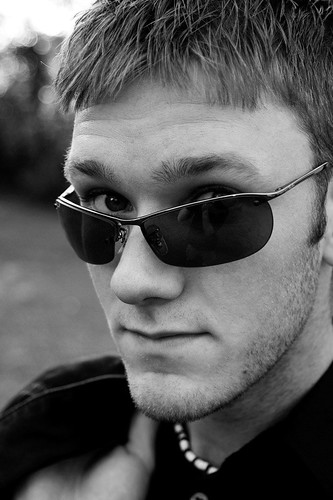The most basic function of branding, one that I hope our time together has accomplished (or began to accomplish) is that a brand is not a product, but a perception. It is a position in the mind. Brands survive by being unique and innovative. In simple terms: differentiate or die.
Jack Trout, one of the masterminds behind Positioning and Marketing Warfare, wrote about owning the attribute of "green":
"...Let us give you some guidelines on being environmentally sensitive as a differentiating attritbute. In order to make a strategy of environmental product differentiation succeed, a business must satisfy three requirements:
1. The business must find, or create, a willingness among cusomter to pay for environmental quality.
2. The business must establish credible information about the environmental attributes of its products.
3. The innovation must be defensible against imitation by competitors.
In other words, you've got your work cut out for you. Our view is that, at present, compies should be good citizens but find another way to differentiate themselves."
I think his words are wise. The "green" trend will swing high and low, just as all trends tend to do. What will give V2 staying power is not a me-too-istic approach of green, but one of constant innovation and newness.
Quality and value and service are not differentiating ideas. Quality and value and service are not objective tangibles, but subjective intangibles. They are perceptions. The perception of quality is far greater than unperceived, yet real, quality. (Without quality or value or service, however, a brand is inevitably doomed.)
People don't care what's true, they care what's new. Yes, you can save a tree or recycle metal. Its impact is negligible but needed. But you created the Hundred Watt House. You created the Oil Boil Garage. (Do you like the name? Catchy, yeah?) Those innovations are new and remarkable!
Don't stop innovating. Don't stop differentiating. For a time, everyone will try and stand for green. Your focus on green helps–you invoke the law of specialists. That specialization allows you to become an authority on green. Use your authority to innovate and push the boundaries of green. When the general population's infatuation with green dies down (and it will), the strongly established brands will still push forward with solid innovations and differentiating ideas. Their position will not just be green, but it will be even more sharply defined.
People don't buy a drawing or a design (they can rent a book from the library with plenty of great designs and drawings; that's what many a wise home-builder will do), they buy a brand, and the innovation, differentiation, and authority that come with it.
Wednesday, August 8, 2007
Subscribe to:
Posts (Atom)

